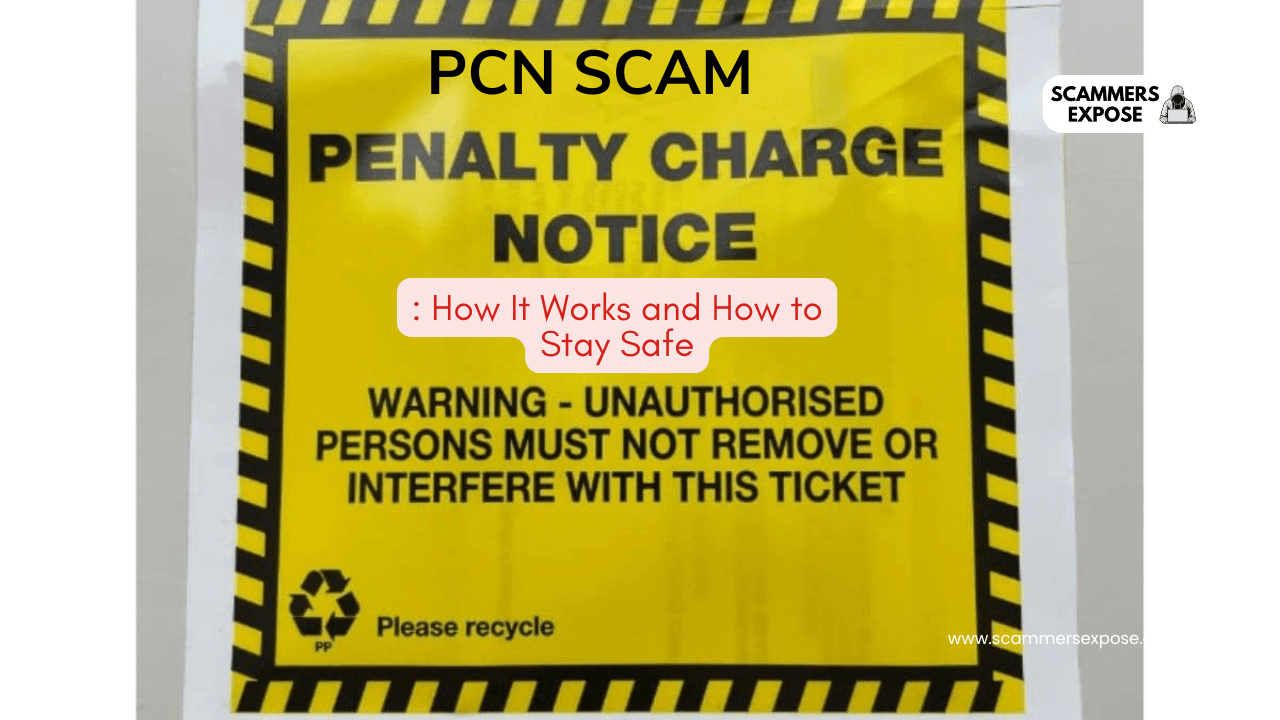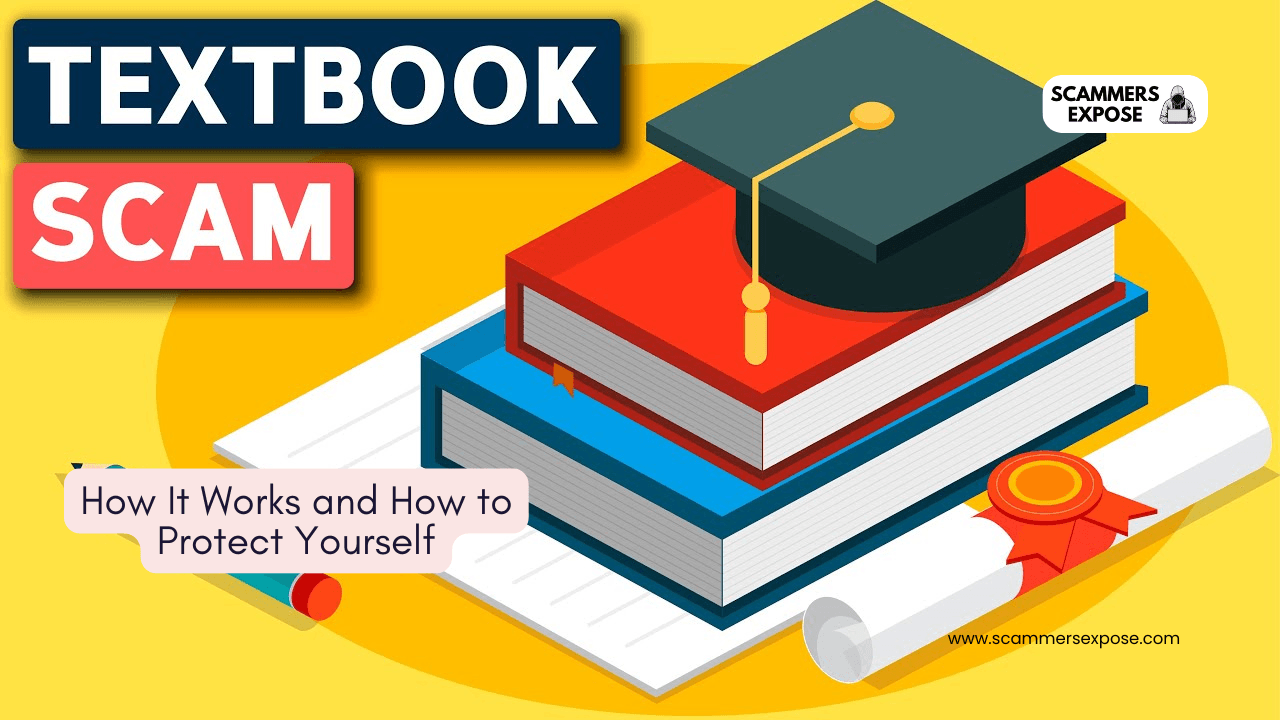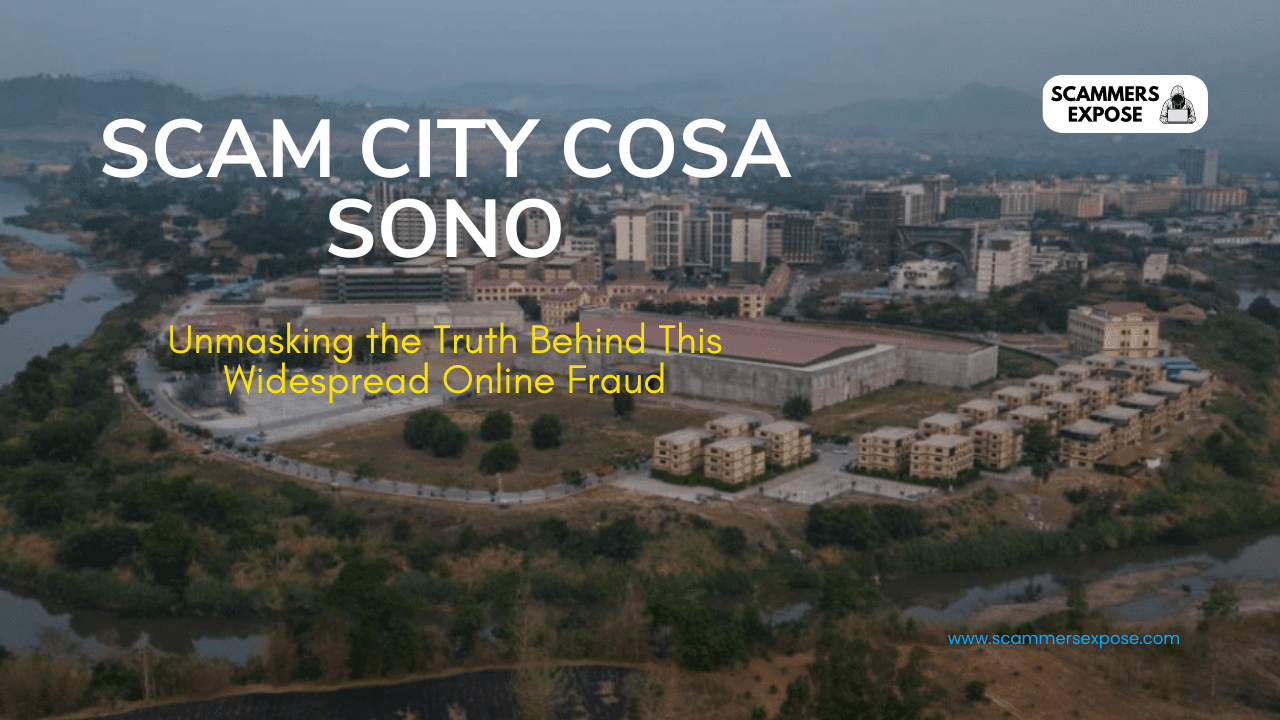Dirty Pop The Boy Band Scam is a shocking tale of deception, fraud, and exploitation in the music industry. Lou Pearlman, once hailed as the mastermind behind iconic boy bands like NSYNC and Backstreet Boys, was later exposed for running one of the largest Ponzi schemes in U.S. history. This scandal not only exploited the financial earnings of these beloved bands but also revealed the darker side of fame and fortune.
- The Rise of Lou Pearlman: From Blimps to Boy Bands
- Backstreet Boys, NSYNC, and the Financial Exploitation
- The Dark Side of the Boy Band Era: Allegations and Scandals
- Pearlman’s Ponzi Scheme: How He Stole Millions
- The Legal Fallout: Arrest, Trial, and Imprisonment
- Lessons Learned: How the Industry Changed After Pearlman
The Rise of Lou Pearlman: From Blimps to Boy Bands
Who Was Lou Pearlman?
Lou Pearlman was a key figure in the 1990s pop music scene, particularly known for creating iconic boy bands such as *NSYNC and Backstreet Boys. His entry into the music industry came after a background in the aviation business, where he operated a blimp rental company. Pearlman leveraged his charisma and business connections to venture into talent management, eventually becoming a notorious figure behind the success—and exploitation—of some of the biggest boy bands in pop history.
Pearlman’s Journey from Aviation to Music
- Pearlman started his career with Trans Continental Airlines, a company focused on blimp advertising.
- His fascination with New Kids on the Block’s success led him to enter the music industry, establishing Trans Continental Records in the early 1990s.
- Pearlman launched his first major success with the Backstreet Boys, one of the highest-selling boy bands of all time. Later, he introduced *NSYNC, further cementing his reputation as a star-maker.
Trans Continental Records and the Boy Band Boom
- Pearlman’s strategy involved massive talent searches to find and promote boy bands.
- Backstreet Boys became his first breakthrough group, followed by *NSYNC, O-Town, and other acts.
- These bands were instrumental in fueling the “boy band” craze, generating massive fan bases and commercial success throughout the late 1990s and early 2000s.
Pearlman’s Deceptive Business Practices
- Despite his public success, Pearlman was running a financial scam behind the scenes. His company, Trans Continental, was a front for what would eventually be revealed as one of the largest Ponzi schemes in American history.
- He used the success of the boy bands to lure investors into fraudulent business ventures, promising them high returns through fake corporations and reinsurance deals.
Early Signs of Financial Misconduct
- Pearlman’s lavish spending—such as flying the Backstreet Boys and *NSYNC on private jets—was financed with money he obtained illegally from investors.
- He presented himself as a highly successful entrepreneur, but in reality, his empire was built on lies and deception.
- Even as his bands achieved global fame, Pearlman quietly diverted millions of dollars, keeping much of the profits for himself, leaving band members and investors in financial distress.
Lou Pearlman and the Dirty Pop The Boy Band Scam
- The “Dirty Pop The Boy Band Scam” refers to the darker side of Pearlman’s boy band empire, where his financial manipulations and exploitation of talent were covered up for years.
- As *NSYNC’s song “Pop” became a hit, the title “Dirty Pop” began to symbolize the dirty dealings behind Pearlman’s pop music empire.
- His talent management and financial fraud were intertwined, with Pearlman using his bands’ fame to keep his scams going for as long as possible.
By the time the truth behind Lou Pearlman’s operations was uncovered, he had defrauded investors out of hundreds of millions of dollars, exploited boy bands financially, and left a lasting scar on the music industry. His story serves as a prime example of how ambition and greed can coalesce in the form of one of the most infamous entertainment scams—the Dirty Pop The Boy Band Scam.
Backstreet Boys, NSYNC, and the Financial Exploitation
Pearlman’s Control Over Boy Bands
Lou Pearlman is infamously known for his dominant role in managing and controlling two of the most successful boy bands of all time—Backstreet Boys and *NSYNC. The rise of these bands defined an entire era of pop culture, yet behind the scenes, Pearlman was manipulating their finances and reaping the majority of their profits, leading to what is now referred to as the Dirty Pop The Boy Band Scam.
- Pearlman initially positioned himself as the manager and producer for these groups, creating the label Trans Continental Records.
- He claimed he was promoting the success of these young talents but was siphoning off most of their earnings, underpaying the members while making millions.
How Pearlman Exploited Backstreet Boys and *NSYNC
- Both Backstreet Boys and *NSYNC signed contracts that heavily favored Pearlman, giving him the lion’s share of their revenues. Despite their worldwide success, each band member earned only a fraction of what they should have.
- Pearlman portrayed himself as the “sixth member” of these groups, ensuring that he received additional shares of the profits.
- In what became a cornerstone of the Dirty Pop The Boy Band Scam, Pearlman’s contracts allowed him to make more money than the band members themselves, even after accounting for their albums, tours, and merchandise sales.
Lawsuits Against Lou Pearlman
- Both Backstreet Boys and *NSYNC eventually discovered Pearlman’s deceptive tactics, leading them to file lawsuits against him for financial fraud and unfair contracts.
- *NSYNC’s lawsuit revealed that after all the hard work and global success, each member had only received a mere $10,000 as a group for their initial years of touring and record sales. This shocking revelation highlighted the full extent of the Dirty Pop The Boy Band Scam.
Financial Impact on Band Members
- Due to Pearlman’s manipulation, many of the band members were left financially strained, despite their commercial success.
- Pearlman was adept at using their fame and success to attract investors for his broader Ponzi scheme, further deepening his deceit. The bands’ financial exploitation was a crucial part of how Pearlman managed to sustain his fraudulent business.
Ongoing Effects of the Dirty Pop The Boy Band Scam
- Years after Pearlman’s arrest, the financial and emotional toll on the band members persisted. Members of Backstreet Boys and *NSYNC have spoken out about the lingering effects of the exploitation they endured during the height of their careers.
- The Dirty Pop The Boy Band Scam didn’t just affect the band members; it also exposed the darker side of the music industry, where managers and executives could abuse their power to take advantage of young, aspiring artists.
Pearlman’s exploitation of the Backstreet Boys and *NSYNC through his financial schemes remains one of the most notorious scandals in music history. The Dirty Pop The Boy Band Scam continues to serve as a cautionary tale about the importance of fair contracts and transparent business dealings in the entertainment industry.
The Dark Side of the Boy Band Era: Allegations and Scandals
Behind the Glamour: Scandals Hidden in the Boy Band Craze
The rise of boy bands in the 1990s, particularly groups like NSYNC and Backstreet Boys, was a global phenomenon. Fans only saw the glitz and glamour, but behind the scenes, the reality was far darker. One of the most unsettling aspects of the Dirty Pop The Boy Band Scam involves allegations and scandals related to the band’s manager, Lou Pearlman. While Pearlman was seen as the mastermind behind these mega-successful groups, reports later surfaced that revealed abusive power dynamics, financial misconduct, and personal scandals.
- Lou Pearlman’s management was not only about financial exploitation, but disturbing allegations emerged about his inappropriate behavior toward band members.
- Rumors surfaced that Pearlman engaged in inappropriate conduct with some of the boys he managed, though these allegations never led to formal charges(DM Talkies)(The Review Geek).
Allegations of Abuse and Misconduct
- Several band members came forward anonymously to report that Pearlman had engaged in inappropriate touching and made suggestive advances. These stories painted a grim picture of life behind the scenes during the peak of boy band fame.
- According to reports, Pearlman would invite young band members to his hotel suite, under the guise of having “guy fun” but allegedly used these opportunities to show them inappropriate content(DM Talkies).
- Parents of young performers occasionally voiced concerns, but due to Pearlman’s power and influence in the industry, their concerns were often buried or ignored.
Financial Scandals Tied to Lou Pearlman
- The financial aspect of the Dirty Pop The Boy Band Scam is the most well-documented scandal involving Pearlman. He had devised a sophisticated Ponzi scheme in which the success of his boy bands masked massive financial fraud.
- Pearlman used the fame of Backstreet Boys and NSYNC to attract investors, promising them high returns through bogus business ventures. He defrauded investors out of hundreds of millions of dollars, all while continuing to financially exploit his artists(DNyuz).
Lawsuits and the Impact on Band Members
- Lawsuits against Pearlman by NSYNC and Backstreet Boys exposed his underhanded financial dealings. Members discovered they were being paid a fraction of their deserved earnings, despite their global success. These revelations shocked fans and fellow industry professionals alike, contributing to the public recognition of the Dirty Pop The Boy Band Scam(DM Talkies).
- Beyond the financial toll, members of these boy bands have since opened up about the long-term emotional and psychological impacts Pearlman’s manipulations had on them. The lure of fame came at a high cost, with many artists struggling to recover trust and financial stability after their experience with Pearlman(Netflix Life).
Long-Lasting Effects of the Dirty Pop The Boy Band Scam
- The scandals surrounding Lou Pearlman left a lasting mark on the music industry. Many artists and managers became more cautious about the contractual and financial arrangements made with record labels and promoters(The Review Geek).
- The Dirty Pop The Boy Band Scam is now seen as a significant cautionary tale, illustrating how easily young, inexperienced artists can be manipulated when they are desperate for fame and success.
The dark side of the boy band era is now inseparable from the rise of Lou Pearlman, as his scandals and manipulations left a trail of damaged careers and broken trust in the music industry. The Dirty Pop The Boy Band Scam has since become synonymous with his infamous legacy.
Pearlman’s Ponzi Scheme: How He Stole Millions
The Beginning of Lou Pearlman’s Ponzi Scheme
Lou Pearlman was not only the mastermind behind boy bands like NSYNC and Backstreet Boys, but he was also the architect of a massive Ponzi scheme that defrauded investors of nearly $500 million. This fraudulent operation became central to the Dirty Pop The Boy Band Scam, as Pearlman used his success in the music industry to convince people to invest in various business ventures.
- Pearlman lured investors with promises of high returns through his fake company, Trans Continental Airlines, claiming the investment was safe and insured.
- Many investors were drawn in by Pearlman’s connections to famous boy bands, believing their investments were tied to these lucrative ventures.
The Fake Corporations
- Pearlman created fake businesses, including Trans Continental Airlines and an alleged FDIC-insured investment vehicle. He also invented a fake accounting firm, Cohen & Siegel, to provide false financial reports to investors.
- Investors were led to believe that their money was secure, with Pearlman guaranteeing returns that were well above market averages.
Financial Exploitation of Investors
- The Dirty Pop The Boy Band Scam saw Pearlman defraud individuals, including family members, elderly investors, and business partners. Over 1,800 individuals invested in what they believed to be legitimate businesses.
- The Ponzi scheme worked by using new investors’ funds to pay off earlier investors, giving the illusion of profitability and encouraging further investments.
- Pearlman used the boy bands’ success as a cover for his fraudulent operations. The fame of the Backstreet Boys and NSYNC helped maintain his image as a successful entrepreneur, which was crucial to maintaining the Ponzi scheme.
Legal Fallout: Uncovering the Scam
- Pearlman’s Ponzi scheme eventually collapsed when financial irregularities began to surface. In 2006, his fraudulent operations were exposed, leading to lawsuits and investigations.
- Investigators discovered that Pearlman had fabricated nearly every element of his business empire. The Dirty Pop The Boy Band Scam was not only a financial scam affecting the bands but also a large-scale financial crime targeting hundreds of innocent investors.
Arrest and Sentencing
- In 2007, Lou Pearlman was arrested while on the run in Indonesia. He was charged with multiple counts of conspiracy, money laundering, and making false statements to banks.
- In 2008, he was sentenced to 25 years in prison for his role in the Ponzi scheme, bringing an end to one of the largest entertainment-related scams in U.S. history.
Impact of the Dirty Pop The Boy Band Scam
- The Dirty Pop The Boy Band Scam continues to serve as a prime example of how fame and trust can be manipulated for financial gain. Pearlman’s manipulation of both boy bands and investors resulted in widespread financial losses.
- Only a small fraction of the money Pearlman stole was ever recovered, leaving many victims financially devastated.
The Dirty Pop The Boy Band Scam stands as a stark reminder of the dangers of unchecked financial fraud, with Lou Pearlman’s Ponzi scheme ranking among the most infamous in entertainment history.
The Legal Fallout: Arrest, Trial, and Imprisonment
The Discovery of Pearlman’s Fraudulent Empire
Lou Pearlman’s criminal activities came to light in 2006, marking the beginning of the unraveling of the Dirty Pop The Boy Band Scam. His complex web of lies, forged documents, and Ponzi schemes were uncovered after years of financial mismanagement and deceit.
- Investigations revealed that Pearlman had been operating multiple fraudulent businesses, including his infamous Trans Continental Airlines and Trans Continental Records.
- The exposure of these financial crimes shocked both the music industry and Pearlman’s investors, many of whom had been lured in by his ties to major boy bands like NSYNC and Backstreet Boys.
Investor Lawsuits and Bankruptcy
- After his Ponzi scheme collapsed, Pearlman faced multiple lawsuits from investors who had lost millions.
- More than 1,800 investors were affected, ranging from individuals and families to major financial institutions. Many of these victims saw their life savings wiped out.
- In 2007, Pearlman’s companies were forced into bankruptcy, with assets liquidated to pay back a portion of the massive debts he had accumulated.
Pearlman’s Arrest and Flight from the Law
- In early 2007, Lou Pearlman fled the U.S. as the legal fallout of the Dirty Pop The Boy Band Scam intensified. He evaded authorities by traveling through various countries in Southeast Asia.
- He was finally captured in Bali, Indonesia, in June 2007, after several months on the run. His arrest was a major turning point, marking the end of his elaborate scam and the beginning of legal proceedings.
The Charges Against Pearlman
- After his arrest, Pearlman faced numerous charges, including conspiracy, money laundering, and bank fraud. These charges stemmed from his Ponzi scheme, in which he defrauded investors out of nearly $500 million.
- The Dirty Pop The Boy Band Scam also included allegations of falsifying bank statements, creating fake corporations, and using the fame of boy bands to keep his scheme afloat.
Sentencing and Imprisonment
- In 2008, Pearlman pleaded guilty to charges of conspiracy, money laundering, and making false statements during bankruptcy proceedings.
- He was sentenced to 25 years in federal prison. The judge ruled that Pearlman would serve the full term unless he could repay at least $300 million to his defrauded investors—a task that proved impossible given the scale of the fraud.
Life in Prison and Death
- During his time in prison, Pearlman attempted to maintain his influence, even suggesting that he could create a reality show to repay his victims, an idea that was never realized.
- Lou Pearlman died in 2016 at the age of 62 due to complications from heart surgery while serving his prison sentence, bringing an end to the Dirty Pop The Boy Band Scam saga.
The Dirty Pop The Boy Band Scam left a significant mark on both the entertainment and financial industries, highlighting the consequences of unchecked power and financial fraud. Pearlman’s legal downfall serves as a critical reminder of the importance of financial transparency and accountability in the music business.
Lessons Learned: How the Industry Changed After Pearlman
Increased Awareness of Exploitative Contracts
The Dirty Pop The Boy Band Scam exposed the dark side of the music industry, where artists—especially young performers—were often exploited through unfair contracts. Lou Pearlman’s manipulation of boy bands like NSYNC and the Backstreet Boys became a cautionary tale for the music industry.
- Many record labels and talent managers now offer more transparent and fair contracts, with artists being more vigilant about the terms they agree to.
- Pearlman’s practices revealed the importance of hiring independent legal counsel to review contracts, especially for young and inexperienced artists.
Strengthening Artist Protections
- After the Dirty Pop The Boy Band Scam, there was a shift towards stronger protections for artists, particularly in contract negotiations and royalty payments.
- Artists became more aware of how royalties work, ensuring that they would not be short-changed by managers or record labels. This change was vital in empowering artists to take control of their financial futures.
Increased Financial Transparency
- The Pearlman scandal brought to light the need for greater financial transparency between artists and their management. Managers and labels are now more likely to implement clear financial practices, ensuring artists are paid what they are due.
- Many artists have since taken control of their own finances, hiring financial advisors and accountants to ensure they are not being exploited.
Evolution of the Talent Management Model
- The Dirty Pop The Boy Band Scam marked the decline of the old, exploitative talent management model where managers had too much control over artists’ finances and careers.
- Newer talent management companies have since shifted to a more collaborative approach, where the artist’s welfare and growth take precedence. This shift has resulted in better relationships between artists and managers.
Shift Towards Independent Music Production
- In the wake of the Pearlman scandal, many artists opted to go independent, taking control of their music production and distribution. Platforms like YouTube, Spotify, and Bandcamp have empowered artists to release music without relying on major labels.
- The rise of independent labels and self-managed artists demonstrates a direct response to the lessons learned from the Dirty Pop The Boy Band Scam.
The Role of Streaming Platforms
- As streaming platforms gained prominence, artists gained more control over how their music reached fans. Unlike during the boy band era when artists were dependent on record labels, today’s artists can distribute music directly to audiences without needing to rely on intermediaries who might exploit them.
- This shift has also allowed artists to receive more accurate royalty payments, with platforms like Spotify providing detailed insights into streaming data and earnings.
Legal Reforms and Oversight
- Following the exposure of the Dirty Pop The Boy Band Scam, there has been more legal oversight in the entertainment industry to prevent such large-scale fraud.
- Lawsuits against managers and labels that exploit artists have increased, and legal reforms have been introduced to protect the financial rights of performers.
The Dirty Pop The Boy Band Scam has left a lasting impact on the music industry, serving as a stark reminder of the need for transparency, fairness, and accountability. As a result, the industry has evolved to better protect artists from exploitation, allowing them to have more control over their careers and finances.
Visit our news section to stay updated with the latest developments in the case. For more insights into financial fraud and investor protection, visit Scammers Expose.










Leave a Reply